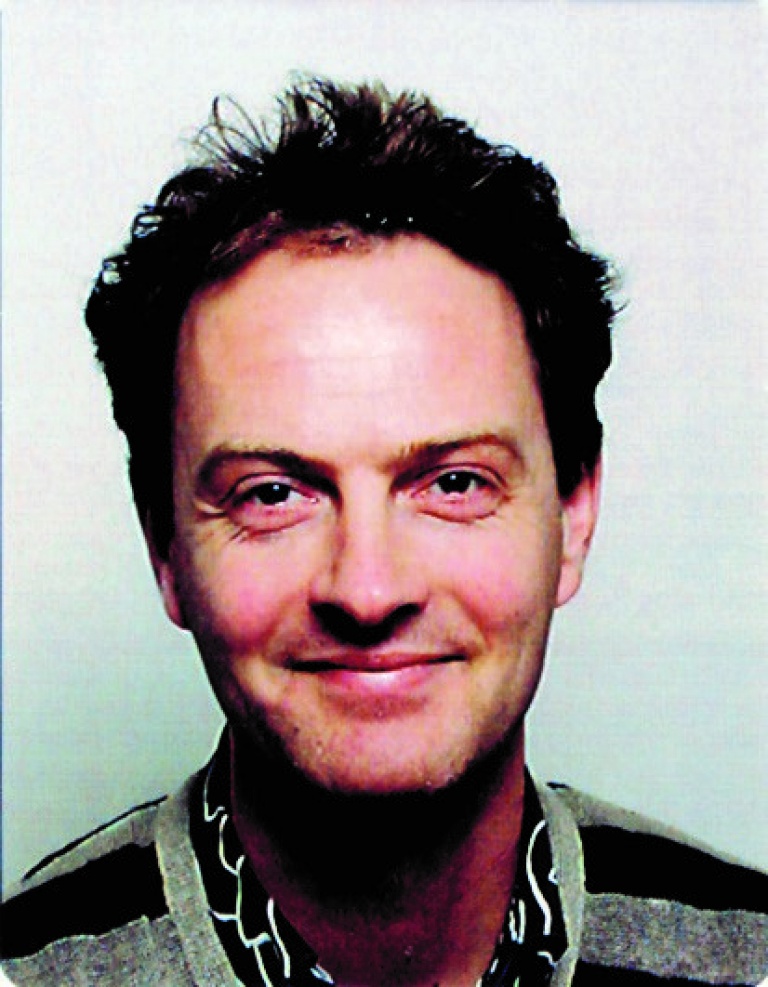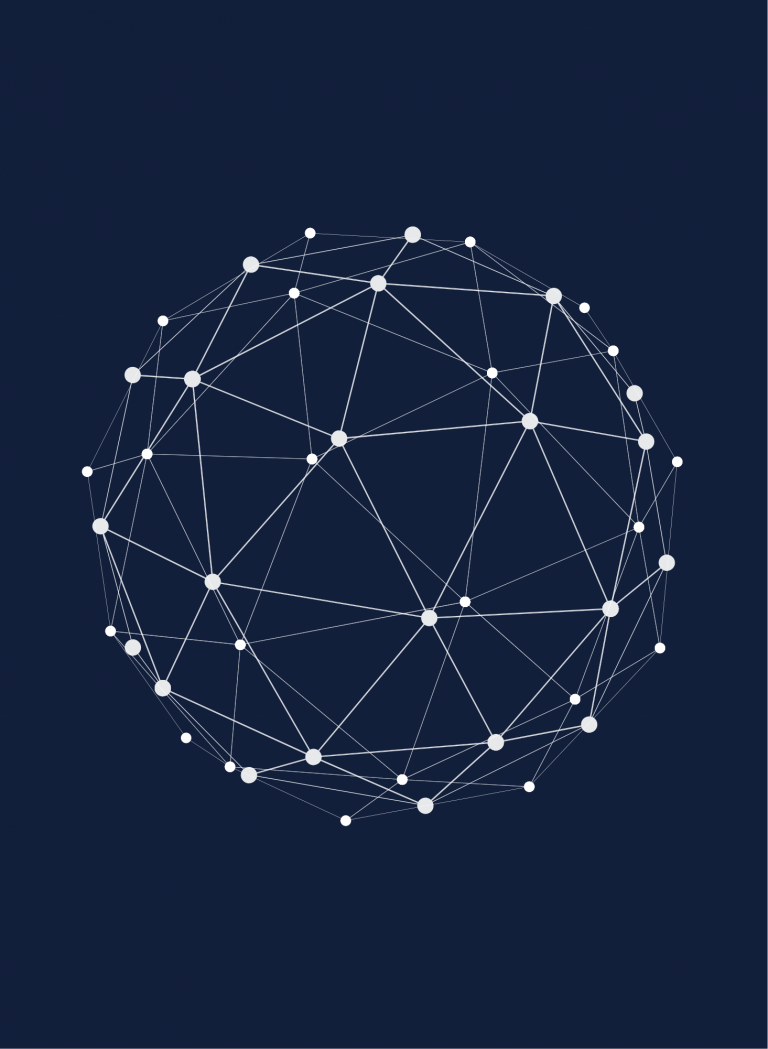Two people addicted to alcohol can have completely different symptoms. Reinout Wiers has been working for decades to understand how people become addicted. "The basic issues still fascinate me, but at some point you also want to improve treatment." He therefore expects a lot from New Science of Mental Disorders (NSMD). "I think the combination of the network approach with personalised training can be very valuable for practice."

Reinout Wiers is professor of Developmental Psychopathology at the University of Amsterdam, where he also once wrote his PhD thesis on the addiction sensitivity of children of alcoholics. After his PhD, he worked for ten years at Maastricht University. A common thread in his research is automatic processes, in which people make choices outside themselves, as it were, versus controlled processes, in which people make conscious choices.
What exactly does that mean, developmental psychopathology?
"It is in one word what has fascinated me all my life: why does one person in a certain situation develop a psychological disorder and another does not? Genetic factors play a role, but so does environment. I have focused in particular on addiction. We know that ADHD is a risk factor for this, but I also study anxiety in relation to addiction, for example, because many people with an addiction also suffer from anxiety or depression. How is that related? If we want to improve treatments, it's important to understand the connection better."
What is the role of 'cognitive control' in addiction, also the name of the team within NSMD that you lead?
"Cognitive control is actually the ability to control your impulses. Our PhD student will be looking at how we can best measure different aspects of cognitive control and what the relationship is between cognitive control and the development of psychological symptoms. This seems to be a factor that plays a role in many mental disorders; we call this a 'transdiagnostic factor'. In developmental psychology, it is seen, along with early trauma, as a factor that is an important predictor of later problems. It is partly influenced by genetic background, but there are also indications that you can teach children to strengthen their cognitive control.”
In adults, there is not much you can do about this?
"We have not been very successful in doing that in scientific research so far, no. We think that if you want to help adults with an addiction or other psychological problem to control their impulses, you have to link the training to their problem behaviour. For example, there are various training programmes that fall under the broad heading of Cognitive Bias Modification (CBM). The impulses are actually caused by irrational thinking, what we call 'cognitive bias' in psychology. CBM uses computer tasks to try and strengthen control over specific impulses, for example, to take a drug again even though you had decided not to. That more contextual training of cognitive control seems to work better than general training."
So how do you go about that?
"For example, I have developed a method with colleagues to dampen the tendency towards alcohol among alcoholics. With a training programme based on the Approach Avoidance Test (AAT), you can train people to turn away from alcohol. We have been able to study this in large groups of alcoholics in Germany and it turns out that AAT, alongside regular treatment, prevents about 10% of relapses a year later. This was also recently confirmed in a large study in Australia. In both countries this training is now included in the official guidelines as a recommended addition in the treatment of alcoholism, and so that helps thousands of people a year not to relapse into their alcohol addiction."
And how does NSMD's network approach fit in with this kind of research?
"We ourselves are also looking at how we can tailor our training more to people's individual characteristics. People dealing with addiction differ greatly from one another. The psychiatric manual DSM-5 lists 11 criteria for addiction. If you meet two of these criteria, you have a mild addiction; if you meet six or more, it is 'severe'. But as with other mental health problems that our consortium focuses on, two people with drug addiction can have completely different symptoms. And often there are other problems, such as depression or anxiety; symptoms that are interrelated in a network and reinforce or inhibit each other. I think that the combination of the network approach and the personalisation of training can mean a lot for treatment in practice."
Has improving that practice, or 'valorisation', become more important to you the longer you work as a scientist?
"Absolutely. Initially, I mainly wanted to understand and I still find questions like 'is addiction a brain disease or not?' very interesting. And 'if it is, what are the consequences for treatment?’ But my need to make a real contribution to the treatment of addiction, whether it's drugs or games, is also growing stronger. That's why I took the behavioural therapy course a few years ago. I missed the experience of treating people myself and I wanted more insight into how to create training that fits in well with existing therapies. Based on that experience, I recently devised a new variant of Cognitive Bias Modification, with which we found promising first results in volunteers. I hope to test this new variant, ABC training, in clinical groups as well. And that training is much more personalised, so it fits in well with the network approach to psychopathology. I don't think I could have developed it without my experience as a behavioural therapist."
